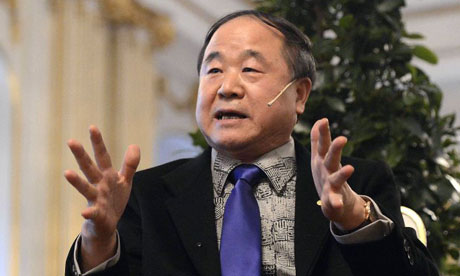By Karen Diep
Impunity Watch Reporter, Asia
NEW DELHI, India – On Wednesday, India and Pakistan’s chiefs of operation along the Line of Control reached an agreement to “de-escalate” military tensions in Kashmir. Tensions arose between Pakistan and India after the deaths of two Indian and Pakistani soldiers last week.

“An understanding has been arrived at between the two director-generals of military operations to de-escalate the situation along the Line of Control,” shared spokesperson Jagdeep Dahiya.
According to BBC News, the military operations’ director of the Pakistani army agreed to the de-escalation after calling his Indian equivalent to “protest strongly” a “ceasefire violation” by Indian soldiers that killed a Pakistani soldier along the Line of Control Tuesday night.
On January 10th, the U.N. urged both countries to ceasefire and initiate dialogue. The United Nations Military Observer Group in India and Pakistan (UNMOGIP) made the request even as it received a complaint from Pakistan. In the complaint, Pakistan claimed that Indian troops had purportedly crossed the Line of Control and “raided” a border post on January 6th. In response, India denied the allegation.
For the past 60 years, Kashmir has been a territory in distress and therefore, violent exchanges are not uncommon. India and Pakistan have fought three wars since their separation in 1947, two of which were over the region of Kashmir.
On Tuesday, India’s Prime Minister, Manmohan Singh, conveyed that the deaths of Indian soldiers last week, one of which included a beheading, were “unacceptable.”
In response, Pakistani’s Foreign Minister, Hina Rabbani Khar, stated that India was “war-mongering” and this was “detrimental to the peace process between the two countries.”
According to The Tribune, on Monday, the Indian army’s chief of staff instructed his commanders to give an “aggressive” response to any shots fired by Pakistani forces along the Line of Control.
“We expect our commanders to be aggressive,” General Bikram Singh said prior to a meeting between Indian and Pakistani commanders. “The orders are very clear: when provoked, I expect my unit commanders should fire back,” continued the general.
Nonetheless, an Indian military source conveyed to AFP that there has been no cross-border firing since the two director-generals spoke.
For more information, please see:
Aljazeera – India and Pakistan ‘to ease’ Kashmir tensions – 16 January 2013
BBC News – Kashmir crisis: Indian and Pakistan agree ‘de-escalation’ – 16 January 2013
The Tribune – Pakistan, India agree to ‘de-escalate’ border tensions – 16 January 2013
The Hindu – U.N. urges India, Pakistan to de-escalate tensions through dialogue – 16 January 2013



